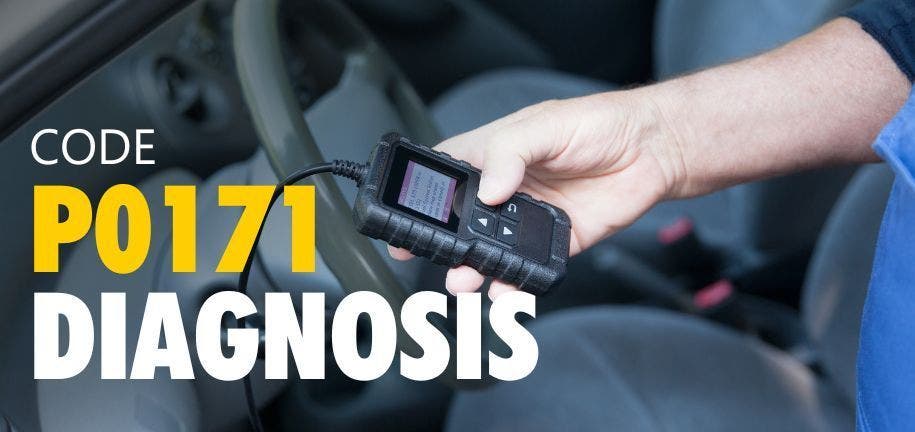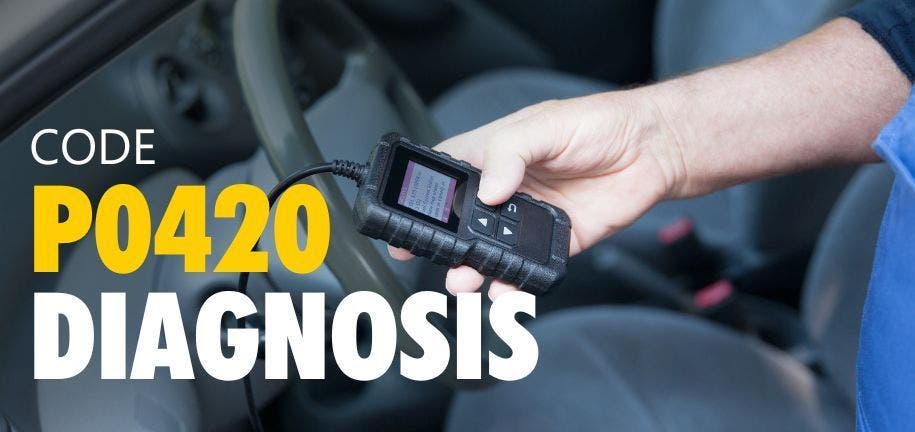The modern automobile is a complex machine, and when something goes wrong, it can be challenging to pinpoint the issue. The P0128 code, often accompanied by "Coolant Temperature Below Thermostat Regulating Temperature," is a common concern among drivers of various car makes, including Jeep, Dodge, Chevy, and Honda Civic. In this blog post, we'll dive into the P0128 code, explore what it means, and discuss its significance for these different vehicles.
Decoding the P0128 Code
The P0128 code is a diagnostic trouble code (DTC) that relates to the engine's coolant temperature. Specifically, it indicates that the engine's coolant temperature is below the thermostat's regulated temperature range. In simple terms, the engine is not reaching the operating temperature it should be. This code often triggers the check engine light, alerting the driver to a potential issue.
Common Causes of the P0128 Code
Several factors can lead to the P0128 code, including:
- Faulty Thermostat: A malfunctioning thermostat may not open at the correct temperature, preventing the engine from reaching the optimal operating temperature.
- Low Coolant Level: Low coolant levels can cause the engine to heat up more slowly, triggering the code.
- Coolant Temperature Sensor Issues: A malfunctioning coolant temperature sensor can provide inaccurate readings to the engine control module (ECM), leading to the P0128 code.
- Coolant Leaks: Leaks in the cooling system can result in reduced coolant levels, preventing the engine from heating up properly.
- Faulty Radiator Cap: A faulty radiator cap may not maintain the correct pressure in the cooling system, affecting the engine's ability to reach the desired temperature.
P0128 Code in Different Car Makes
Let's explore how the P0128 code can affect different car makes:
Jeep vehicles may experience the P0128 code due to thermostat issues or coolant sensor problems. Regular maintenance and timely thermostat replacement can resolve the issue.
Dodge cars can also encounter the P0128 code, often because of a faulty thermostat or coolant sensor. Ensuring the cooling system is in good condition is essential for Dodge owners.
Chevrolet vehicles might trigger the P0128 code if the thermostat is stuck open or the coolant level is low. Routine checks and thermostat replacement when needed are crucial for Chevy drivers.
Honda Civic owners may face the P0128 code due to a malfunctioning thermostat or coolant sensor. Regular inspections and addressing cooling system issues can help prevent this code.
Addressing the P0128 Code
If your check engine light illuminates with a P0128 code, consider the following steps:
- Diagnostic Scan: Have your vehicle scanned by a professional mechanic to confirm the P0128 code.
- Thermostat Inspection: Check the thermostat for proper operation. If it's stuck open, replace it with a new one.
- Coolant Level Check: Ensure your coolant level is at the recommended level. Top up if necessary.
- Coolant Temperature Sensor: Test the coolant temperature sensor for accuracy and replace it if it's faulty.
- Radiator Cap Inspection: Verify that the radiator cap is functioning correctly, maintaining the appropriate pressure in the cooling system.
- Clear the Code: After making necessary repairs, clear the code from the vehicle's computer using an OBD-II scanner.
Wrap Up
In conclusion, the P0128 code indicating "Coolant Temperature Below Thermostat Regulating Temperature" is a common concern among drivers of Jeep, Dodge, Chevy, and Honda Civic vehicles. Whether you drive one of these car makes or another, understanding the potential causes and taking prompt action can help maintain your vehicle's performance and prevent overheating. Regular maintenance and timely thermostat replacement are essential for resolving the P0128 code and ensuring your vehicle runs smoothly.





























